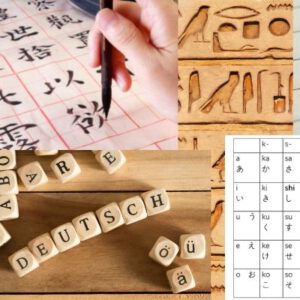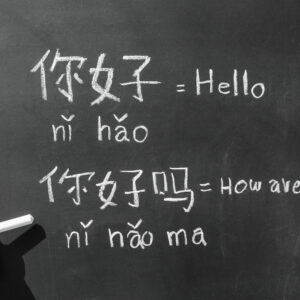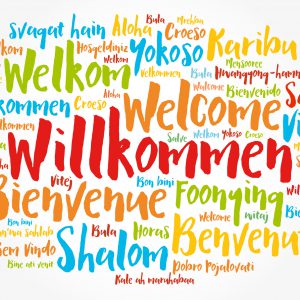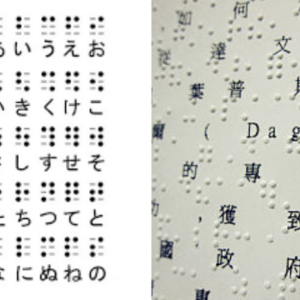Learning a second European language at school we notice one thing quite ealy on: The Indogermanic languages have a few things in common. And it does make sense in having sub-groups such as the Romance and Germanic languages. In Germany learning Latin is still an option at school. This is a good foundation for learning Italian and Spanish quite easily. Even French fits in if you ignore the discrepancies between pronunciation and orthography. Comparing English and German, it is easy to find at least similarities in vocabulary.
However, we have to beware of so-called "false friends": These are words with similar spelling and pronunciation. But their meanings are totally different. The incorrect use of such words could even have dire consequences. Teaching German or English, I like to illustrate this with the word "gift": No German likes "Gift" as that was, what killed Sokrates. English native speakers, however, would always be delighted about a small "gift" and at tourist spots you will find a lot of "gift-shops".
Are Chinese are Japanese related?
Quite often I am asked whether Chinese and Japanse are related. After all, we have to study so many Chinese characters when learning Japanese. In fact, the Japanese and Chinese languages are not related at all. But they do share a lot of similar sounding words due to the shared use of characters. However, here, too, there are "false friends"! I was quite surprised on finding two characters at the toilet in Taiwan meaning "letter" (the one you used to write to friends before the era of internet) in Japanese. Here, however, that "piece of paper in you hand" (手紙hand + paper) obviously serves quite a different purpose.
Looking at grammar, Chinese is in fact a so-called isolating language. That implies that grammatical information is not given by changes in the word itself - similar to English. Japanese, however, is one of the agglutinating languages that add grammatical information in specific syllables at the end of a word. By the way, that is why it is impossible to write Japanese only with Chinese characters. After importing the Chinese characters with Buddhism to Japan in the 5th century a.D. they tried to do so. But it was so cumbersome that a Japanese monk invented the the Kana syllables in the 8th century .
Other Agglutinating Languages: Korean, Mongolian and Turkish
Searching for languages related to Japanese is quite difficult. The closest language is Korean, although the Koreans invented a different kind of writing. Some scholars are convinced that Mongolian and perhaps even Turkish may be related to Japanese. However, it does seem that native speakers of these languages have an edge in learning Japanese. Both Mongolian and Turkish are also agglutinating languages. And I have already discovered a "false friend" in Turkish: "ay" is Turkish for "moon" and "ai" is Japanese for "love", however "good" are quite similar in Turkish ("iyi") and in Japanese ("ii").
You can find out just how being fluent in Korean helped a woman to learn Japanese quite fast in this interesting Blogpost.










